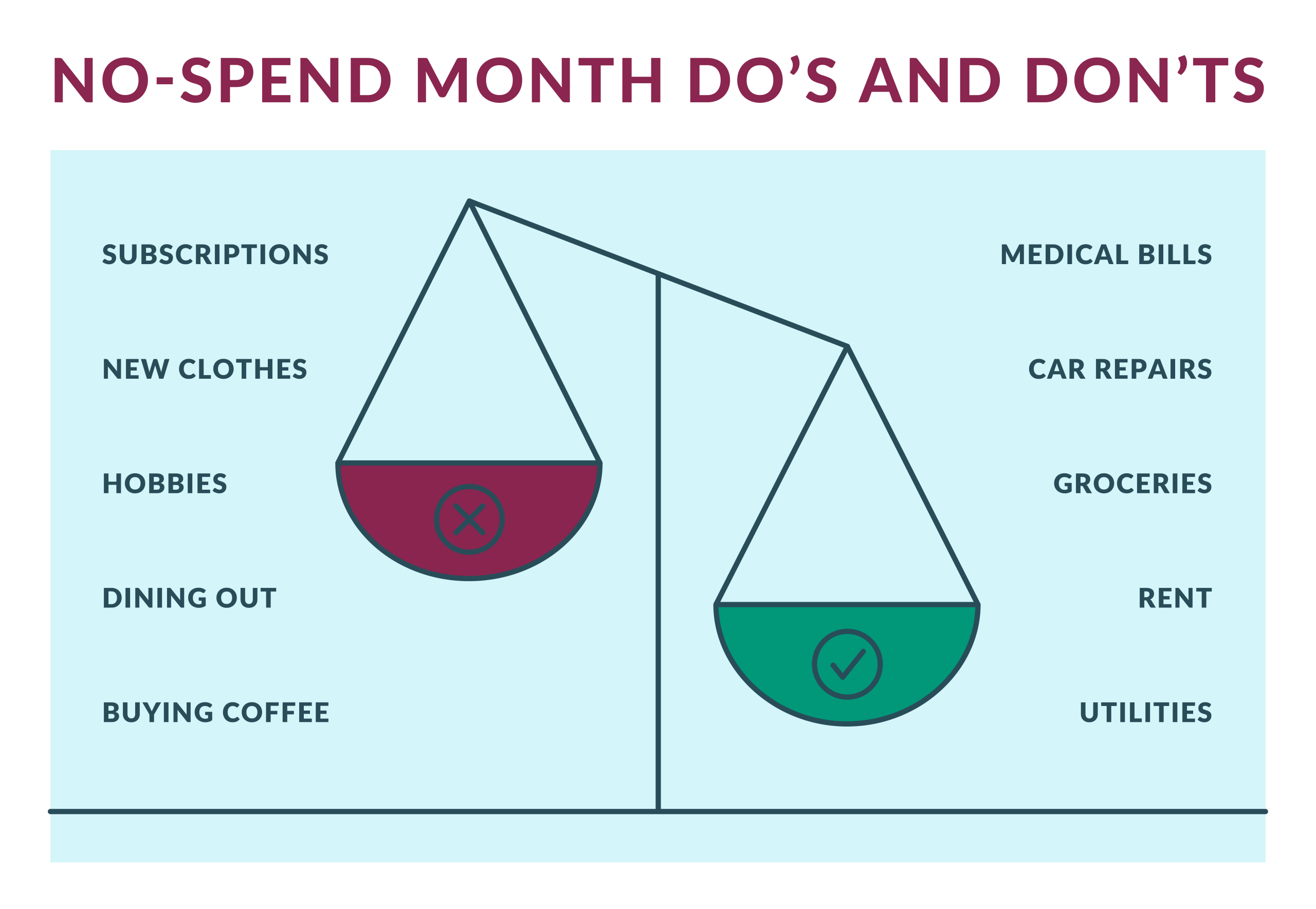Anúncios
In today’s financial landscape, managing money efficiently is crucial. One common question many people have is whether it’s beneficial to hold multiple bank accounts.
With various banks offering unique features and services, it might seem like a smart move. But how many accounts should you really have?
And what are the pros and cons? In this article, we’ll explore the advantages, potential drawbacks, and best practices for managing multiple bank accounts to help you make an informed decision.
How many bank accounts should I have?
Determining the optimal number of bank accounts depends on your financial goals, lifestyle and needs.
Some people find that a single checking and savings account meets their needs, while others benefit from dividing their money across several accounts.
Typically, most financial experts recommend having at least one checking account for daily expenses and one savings account for building an emergency fund or saving for specific goals. However, the number can vary widely depending on personal circumstances.
For instance, if you’re self-employed, you might need separate accounts for business and personal finances.
Or, if you’re saving for multiple goals like a house, vacation, or college fund, having dedicated accounts for each can help you stay organized and on track.
The key is to avoid overcomplicating your finances — having too many accounts can become overwhelming, leading to potential mismanagement.
What are the benefits of having multiple bank accounts?
Discover now the advantages of having multiple bank accounts and find out if this is what you are looking for.
Combining different features
One of the primary benefits of holding multiple bank accounts is the ability to combine features from different institutions.
Not all banks offer the same perks, so spreading your money across various banks can allow you to take advantage of higher interest rates, lower fees, or more robust customer service.
For example, you might choose one bank for its excellent savings account rates and another for its free checking account with no minimum balance requirements.
Furthermore, some banks specialize in specific services like cash-back rewards, higher interest savings, or advanced digital tools.
By strategically selecting accounts, you can maximize the benefits that suit your financial habits. This approach also allows you to hedge against potential changes, such as a bank altering its fee structure or interest rates.

Keeping your finances more organized
Having multiple bank accounts can significantly improve your financial organization. By designating specific accounts for different purposes, such as bills, savings, and discretionary spending, you can easily track where your money is going.
This method also helps prevent the temptation of dipping into funds meant for savings or other long-term goals.
For instance, you could set up automatic transfers from your primary checking account to a dedicated savings account, ensuring that your savings goals are met consistently.
Additionally, using separate accounts for fixed expenses like rent or mortgage payments and variable expenses like groceries can simplify budgeting and make it easier to manage your cash flow.
Building your savings
Multiple bank accounts can also be an effective tool for building your savings. By establishing separate savings accounts for different goals, you can maintain a clearer focus on each objective.
For example, you might have one account for an emergency fund, another for vacation savings, and a third for a down payment on a home.
This strategy helps you avoid the common pitfall of seeing your savings as one large, undifferentiated pool of money that’s easy to dip into for non-essential purchases.
Furthermore, many banks offer higher interest rates for savings accounts if you maintain a certain balance, providing additional motivation to consistently add to your savings.
This approach can accelerate your progress toward reaching financial milestones by making your money work harder for you.
Earning interest
Another significant advantage of having multiple bank accounts is the potential to earn more interest. Different banks offer varying interest rates on savings accounts, so by spreading your funds across accounts with the best rates, you can maximize your earnings.
For instance, you might choose an online bank with a high-yield savings account for your emergency fund, while keeping a smaller amount in a traditional bank for easy access.
Additionally, interest-bearing checking accounts can further enhance your earnings. While these accounts typically offer lower interest rates than savings accounts, they can still provide a small but steady stream of income, especially if you maintain a high balance.
This strategy allows you to benefit from compounding interest, helping your money grow over time.
Understanding the disadvantages of having multiple bank accounts
Just like everything in life, having too many bank accounts can be harmful, so find out what the disadvantages are.
Difficulty in managing multiple accounts
While there are numerous benefits to having multiple bank accounts, it’s important to consider the potential downsides, starting with the difficulty in managing several accounts.
The more accounts you have, the more challenging it becomes to keep track of balances, transaction histories, and fees.
This complexity can lead to missed payments, overdrafts, or even account inactivity, which some banks penalize.
To mitigate these risks, it’s essential to stay organized and regularly monitor your accounts. Using financial management tools or apps that consolidate account information can help simplify this process.
However, this added layer of responsibility might not be worth the hassle for everyone, especially if you struggle with managing finances.

Potential for higher costs
Another downside to consider is the potential for higher costs. Some banks charge maintenance fees, ATM fees, or require minimum balances across accounts.
If you’re not careful, these fees can quickly add up, diminishing the financial benefits of having multiple accounts.
Moreover, certain banks impose fees if your account remains inactive for a certain period. If you have numerous accounts that you don’t use regularly, you might end up paying unnecessary fees.
To avoid this, it’s crucial to understand the fee structures of all your accounts and ensure that you’re meeting the necessary requirements to avoid extra charges.
Minimum balance requirements
Many bank accounts come with minimum balance requirements that must be met to avoid fees or to earn higher interest rates.
When you spread your money across multiple accounts, it can be more challenging to meet these minimums, particularly if your overall cash flow is limited.
Failing to maintain the required balances could result in penalties, which would negate the advantages of having multiple accounts.
Therefore, it’s important to carefully consider whether you have enough funds to comfortably meet the balance requirements across all your accounts before opening new ones.
How to manage multiple bank accounts
Managing multiple bank accounts effectively requires a strategic approach. First, prioritize organization by setting up a system to track each account’s purpose, balance, and transaction history.
Financial management apps can be particularly useful here, allowing you to view all your accounts in one place and receive alerts for low balances, upcoming bills, or potential fees.
Next, automate as much as possible. Setting up automatic transfers can help ensure that your savings goals are met without requiring constant oversight.
For instance, you can arrange for a portion of your paycheck to be directly deposited into different accounts, such as your emergency fund or vacation savings.

Finally, regularly review your accounts. Schedule periodic check-ins to reassess whether each account is still serving its intended purpose and whether the associated fees or balance requirements are still manageable. If an account is no longer beneficial, consider closing it to simplify your finances.
Deciding whether to open multiple bank accounts is a personal decision that depends on your financial goals, organizational skills, and the specific benefits offered by different banks.
While having several accounts can help you combine features, stay organized, build savings, and earn more interest, it also comes with challenges like higher costs and the difficulty of managing multiple balances.
By carefully weighing the pros and cons and implementing a solid management strategy, you can make the most of multiple bank accounts without overwhelming yourself.
For more tips on optimizing your financial strategy, be sure to explore other resources on our website and stay informed about the best practices in personal finance.






